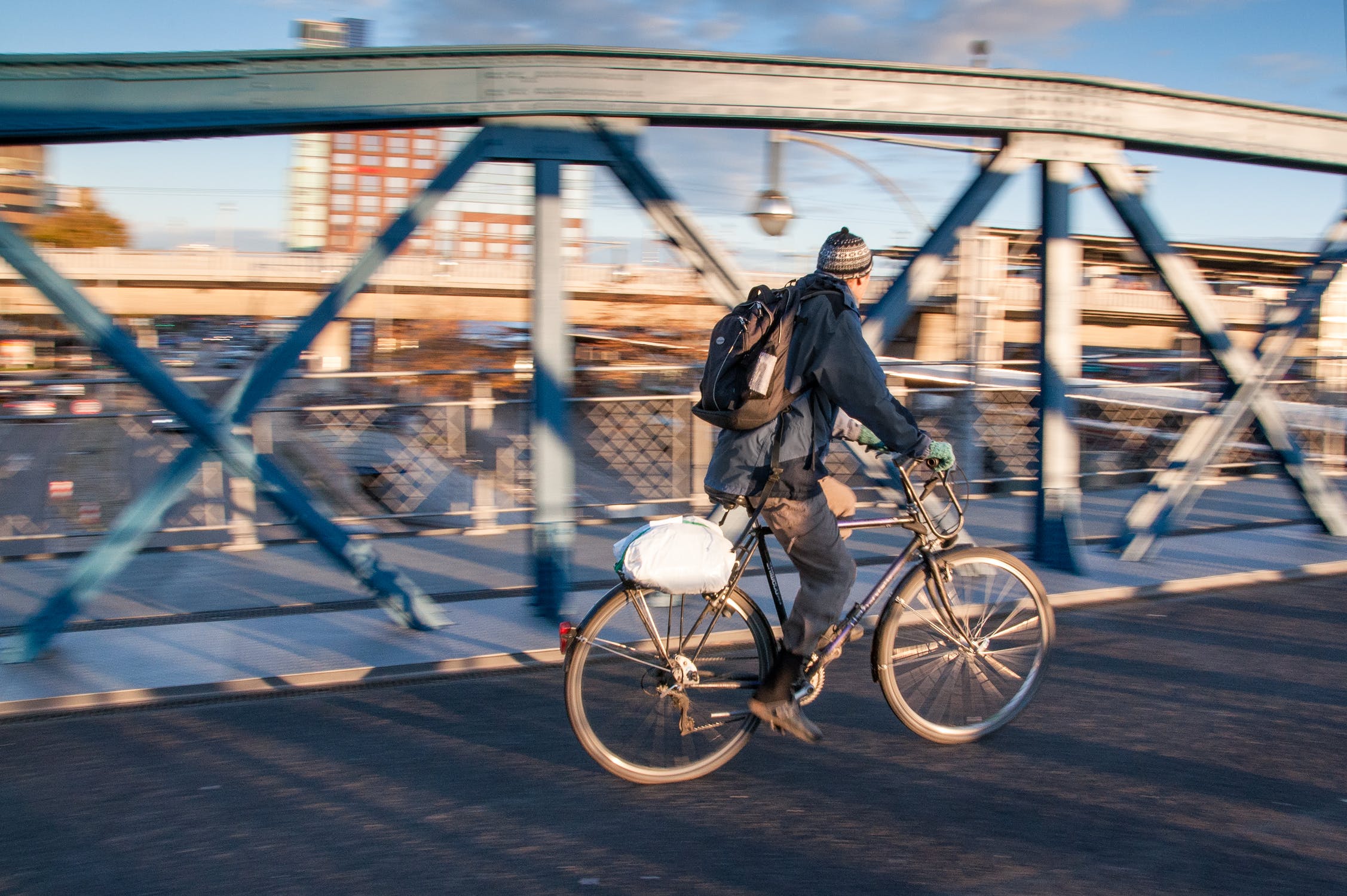Disclosure: In any review for a product or service, products or compensation may have been provided to me to help facilitate my review. All opinions are my own and honest. I am disclosing this in accordance with FTC Guidelines. Please see “Disclose” and "Terms of Use" tabs for more information.

Cycling is one of the favorite leisure activities and sport of over 47.5 million Americans. It isn’t any wonder why. Aside from being genuinely enjoyable to do, cycling also offers many benefits to the body, mind, and environment. Moreover, the more and longer you cycle, the better it is for your health and the planet.
If you don’t know how to ride a bike or you don’t cycle, maybe these reasons can convince you to learn and start cycling now.
Health Benefits of Cycling
Cycling is inarguably one of the healthiest hobbies you can start. If you’re not a fan of hitting the gym or exercise in general, going for a ride on a bike is a more enjoyable way of getting your daily dose of physical activity.
The Centers for Disease Control and Prevention recommend getting “at least 150 to 300 minutes of moderate-intensity aerobic activity” each week.
Riding slower than 10 miles per hour on smooth terrain on your bike for 30 minutes a day is enough to meet the recommended dose of physical activity per week.
As an aerobic exercise, cycling also helps boost cardiovascular health, reducing your risk of heart disease. In addition, it puts little to no harmful stress on the body, making it a low-impact workout.
Regular cycling also helps improve balance and muscle strength, decrease the risk of high blood pressure and osteoporosis, and manage diabetes and high cholesterol.
For those who are trying to lose weight, hopping on a bike and going for a ride can help shed off those extra pounds. To start burning fat, you must ride at a pace that will raise your heart rate between 70 and 85 percent of your maximum heart rate.
You can monitor your heart rate using a fitness tracker or heart-rate monitor. Many cyclists use the device with other cycling training tools, like a power meter and bike computer, to get an accurate reading and reliable insight on every ride. If you want to get more out of every journey, consider getting cycling gadgets to aid your training.
Cycling also has a positive impact on your mental health. The psychological benefits include reduced risk of cognitive decline, Alzheimer’s disease, and depression. Simply going out and engaging in a physical activity like cycling can boost the mood and relieve stress.
Environmental Benefits of Cycling
A small car, which uses 68 gallons of gasoline, emits approximately 0.7 tons of carbon dioxide (CO2). Meanwhile, an SUV, which uses 170 gallons of gas, can produce up to 1.9 tons of CO2.
The United States, being a car-driving nation, has over 268.8 million automobiles, which account for 40 percent of oil used in the country. In terms of environmental impact, automobiles produce 20 percent of the carbon emissions in the entire United States. The number does not even take into account the carbon footprint of mining materials and manufacturing a car.
According to research by Rails to Trails Conservancy, if people rode bikes or walked for some of the shortest car trips, it would save around 2.4 to 5 billion gallons of fuel a year. This will keep 21 to 45 million tons of CO2 from being released in the atmosphere.
Commuting by bike also helps reduce air pollutants as bicycles do not emit greenhouse gases (GHG) and they decrease noise pollution and congestion. If more people rode bicycles, there will be a lesser need for parking lots and roadways, saving precious green spaces from development.
Riding a bike also cuts down your own ecological footprint, or how much natural resources it will take to support your lifestyle, as defined by the Global Footprint Network.
Want to know your ecological footprint? Use this footprint calculator to find out.
More Reasons to Ride a Bike Every Day
Aside from the health and environmental benefits, riding a bike every day also offers economic advantages. Commuting by bicycle saves time because you won’t get stuck in traffic jams. If more people take a bike to work or anywhere, it will significantly reduce congestion too.
A bicycle doesn’t need fuel to run, and it costs less to maintain than a car. In 2015, owning a midsize sedan would cost you $8,600, and driving an SUV would cost $10,250 a year. On the other hand, a bike would only cost you $300.
The new Bike Commuter Act of 2019 will also give bike commuters a $53 tax break every month. Going on two wheels is not only healthier and better for the planet, but it’s also much more practical and cost-effective.
















We bike ride all the time.
I need to get a bike. I usually walk on the treadmill for exercise but it gets pretty boring.